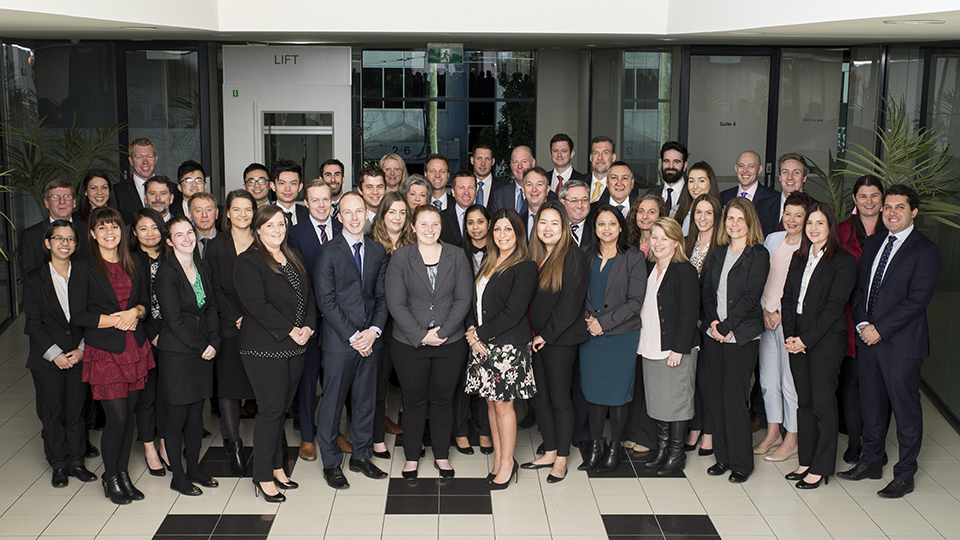May 4, 2018
Why business insurance is essential for protecting your company

While most businesses take out insurance for assets such as equipment, vehicles and buildings, it is important to consider protecting the human assets of a business that, through initiative, skill, specialist knowledge and ingenuity actively generate profits for the business.
Every business should consider what might happen to the business if one of the owners dies, becomes totally and permanently disabled, or suffers a traumatic illness.
A business generally depends on a few people to produce the profits, provide the capital or manage the business.
If there is no viable succession plan, then there maybe a significant financial hardship for the surviving business owners, as well as the surviving family members.
Who and what should you consider protecting?
- The family of deceased or disabled business owners
- The surviving business owners
- The business and its staff
- Suppliers
- Customers
- Financiers.
What is business succession?
Business succession is a process that addresses the future orderly transfer of a business entity and plans for every alternative contingency that would affect any transfer.
Common problems that can arise if a business does not have a succession plan are:
- The estate of the departing owner making onerous demands on the business
- The family of the departing owner insisting on direct involvement or control of the operations of the business
- The deceased owner’s estate could demand payout, winding up the business
- The surviving principal(s) continue to generate profit for a non-active owner
- Need for additional borrowings or asset depletion
- Stability of business questioned by suppliers and customers.
A business succession plan requires a transfer agreement which sets out what happens when a trigger event occurs. This “buy/sell agreement” acts like a will and is:
- Binding to all parties
- Provides security to key relationships
- Preserves the business value.
Once the transfer agreement has been established it is necessary to look at the potential trigger events and consider how the transfer would be funded in each case.
This usually leads to the requirement of insurance cover to provide some level of funding to ensure the orderly transfer upon a trigger event.
When considering the funding there needs to be careful consideration given to who owns the various insurance policies and how they are funded.
There are various ways in which this can be structured with advantages and disadvantages to each, as such advice is required.
What is Key Person Insurance?
A business may need to consider the use of insurance to compensate the business for any financial loss or cost suffered because an insurable event has occurred with respect to a key person.
A key person is one whose knowledge, skill, experience, business network or financial backing is essential to the ongoing viability and profitability of the business.
The purpose of Key Person Insurance can be broken down into Revenue Purpose and capital Purpose.
Revenue Purpose is to protect the business from loss of revenue and training and recruitment costs (insures the profit and loss statement), while Capital Purpose is to protect the credit availability and goodwill (insures the balance sheet)
Do I really need it?
Business insurance is like any type of risk management – it is there to protect assets in case of unforseen events.
There are three ways in which you can leave a business:
- Voluntary – at a nominated retirement age
- Involuntary – due to sickness or injury
- Permanently – due to death or disablement.
Where to from here?
We recommend you seek the help of a trusted financial adviser to help you understand what you need to consider and determine which business insurance policy is right for you.
At LDB, we can help you wade through the myriad of options, and our advisers can provide invaluable insight and access to an extended network of professionals.
LDB provides a comprehensive suite of insurances, with different levels of coverage, and offers a range of related protection services and strategies that will shield you from the tremendous financial burden of premature death, prolonged illness or disability.
To find out more, give us a call on (03) 9875 2900 or fill in the contact form below.





